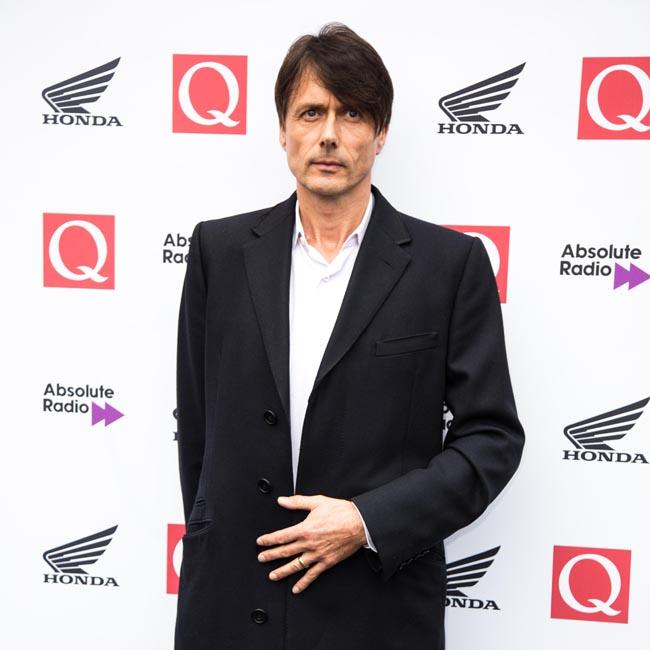Brett Anderson wants Suede’s next record to be "dirtier".
The 52-year-old singer has said he’d love for the ‘Animal Nitrate’ hitmakers to release a "nasty, live-sounding rock record" for their next album, but says the process would be "tricky" as he doesn’t want to sound "socially touristic".
He said: "I’m always thinking about the next record. The last couple that we’ve made have been expansive, ambitious, and at times slightly florid. I want the next one to be a nasty, live-sounding rock record – something dirtier, punk-ier sounding. It’s tricky, since I’m 52 years old. I’m very aware that men my age have to be careful when making this type of music, because rock has the element of youthful danger, and was originally young people’s music. If you handle it wrong, you can come across as being socially touristic. But there’s a raw, punk-like energy that Suede accesses live, which I want to capture."
But Brett doesn’t want the group to head back to their Britpop roots, because he thinks the movement – which originated in the 90s – is too "misogynistic" for 2020.
He added: "Culturally, the ’90s look quite archaic to me now. Things like Cool Britannia and Britpop look very laddish and jingoistic, with a hint of misogyny in there. I don’t think that resonates very well with 2020, to be honest."
The frontman says Britpop "started off with really good intentions" but eventually became a "victim of its own success".
Speaking to August Man, he said: "I’m sceptical of any movement that becomes big. Let’s look at Britpop. It started off with really good intentions in 1993, with Suede’s debut record. That was an album that looked at and documented the world around us, which happened to be Britain, down to the guy who lives on the dole in rented rooms in London.
"Then Britpop became a movement, and it was exciting because it was a rejection of American cultural imperialism. But of course, when something becomes popular, the high street moves in and the money moves in, and it becomes devalued. Then, you get the hangers-on and it turns into an ugly cartoon. Britpop became a nationalistic cartoon and a parody of itself, and that’s the point you go, ‘See you later.’ Every single youth movement starts with something very exciting, and then becomes a victim of its own success. Britpop was no exception."
Brett Anderson: Suede’s next record will be ‘dirtier
